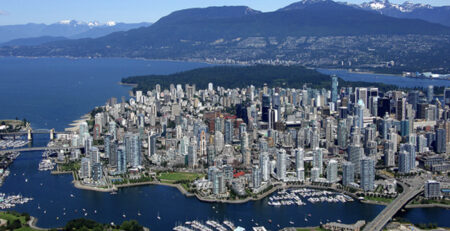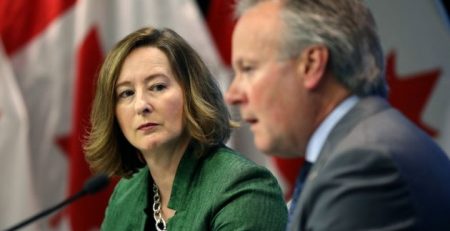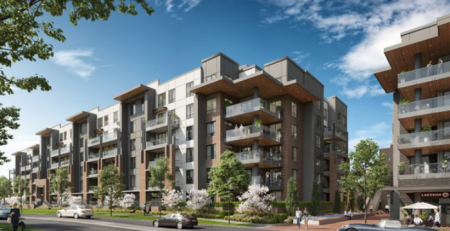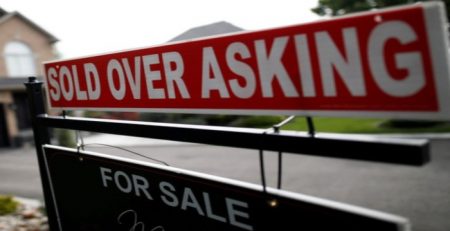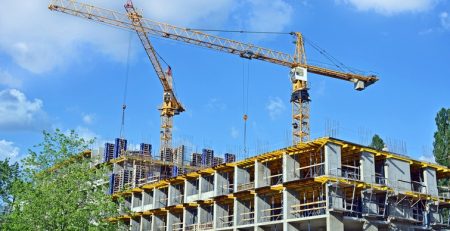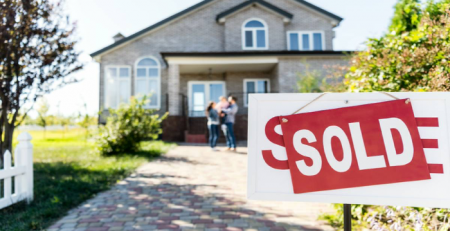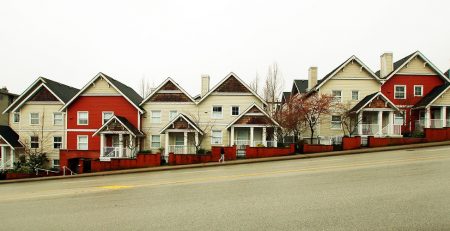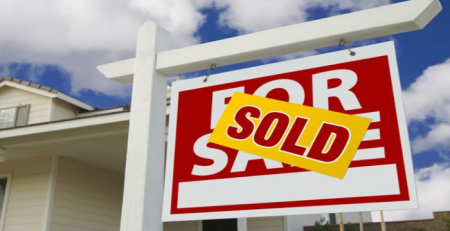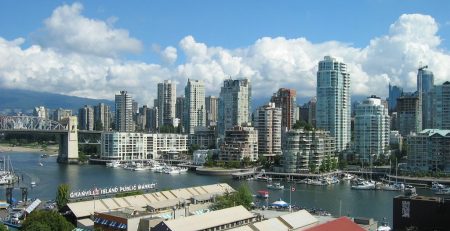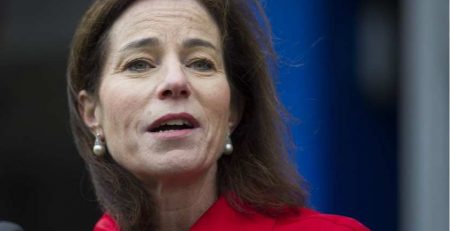BC Election Checklist: where do parties stand on housing?
[Source: Metro, Apr 12 2017]
As NDP leader John Horgan promised a $400 a year tax credit for renters, B.C.’s former minister responsible for housing was committing to help homeowners with a tax credit of up to $20,000 to create rental basement suites.
Rich Coleman, BC Liberal candidate for Fort Langley-Aldergrove, made the comment during a panel event organized by the Real Estate Board of Greater Vancouver in New Westminster on April 12.
Coleman appeared with David Eby, the BC NDP’s candidate for Vancouver-Point Grey and the party’s housing critic, and David Wong, the BC Green candidate for Vancouver-Hastings.
Coleman defended his party’s record on the housing file, saying the Liberals have focused on directing social housing funds towards the most needy, introduced a 15 per cent foreign buyer’s tax to calm property speculation in Metro Vancouver and will devote $703 million to offer no-interest downpayment loans to first-time homebuyers.
But with Metro Vancouver’s homelessness rate up 30 per cent over three years, tent cities increasing and record low rental vacancy rates not just in the Lower Mainland, but in smaller B.C. cities like Victoria, Kelowna and Kamloops, “we’re not doing so well,” on housing either the very poor or middle-income earners, Eby said.
So what would the candidates do?
Rich Coleman, BC Liberals
Expand an existing home renovation tax credit to up to $20,000 to help homeowners add a rental suite to their home. Coleman says this will increase rental supply and help homeowners pay their mortgage.
Build 5,000 more units of affordable housing as part of a three-year, $855 million spend on social housing. While a group of B.C. housing advocates has called on the province to spend $700 million a year over the next 10 years on new social housing supply, Coleman said he had not yet read their proposal.
After home prices soared as much as 40 per cent between 2015 and 2016, the BC Liberals introduced a 15 per cent tax on foreign buyers for Metro Vancouver properties.
A few months later, the government introduced an interest-free home loan program to help first-time buyers get into the market. The program applies to properties under $750,000.
Continue existing social housing and rent assistance programs.
Coleman says tenants are already adequately protected by B.C.’s rent law, but he has committed to close the fixed-term tenancy loophole landlords are increasingly using to evade rent controls.
David Eby, BC NDP
$400 a year tax rebate for renters, similar to the $570 homeowner tax grant available to owners of homes worth up to $1.6 million.
Increase protections for renters, including forbidding landlords from using renovations as an excuse to evict tenants and sidestep restrictions around rent increases.
Allow municipalities to zone areas where only rental buildings can be built.
Keep 15% foreign buyers tax, but add a 2% property tax surcharge to property owners who do not make their income in Canada or keep the home vacant. Use the proceeds of both taxes to build more affordable housing, but the party has not yet released spending numbers.
Change existing rules to allow universities and colleges to borrow to build student housing to free up off-campus rental supply.
David Wong, BC Greens
Raise property transfer tax rate from 3 to 12 per cent for homes over $3 million.
A tax on a home seller’s lifetime capital gains over $750,000.
Expand foreign buyer’s tax to entire province and increase from 15 to 30 per cent.
Phase out homeowner grant and replace with a system of income-based grants starting in 2019.
Partly using the proceeds of the tax hikes, spend $850 million a year building and renovating social housing.
Change B.C.’s rental legislation to control rent increases and protect tenants from “renovictions,” “demovictions” and misuse of fixed-term tenancy agreements.
Where do they agree?
All the candidates agree that denser housing needs to be built, especially near transit hubs, and that developers face too many delays in getting permission to build from municipalities.
The BC NDP will release its full platform tomorrow. It is the last party to do so.
B.C. voters go to the polls May 9.


